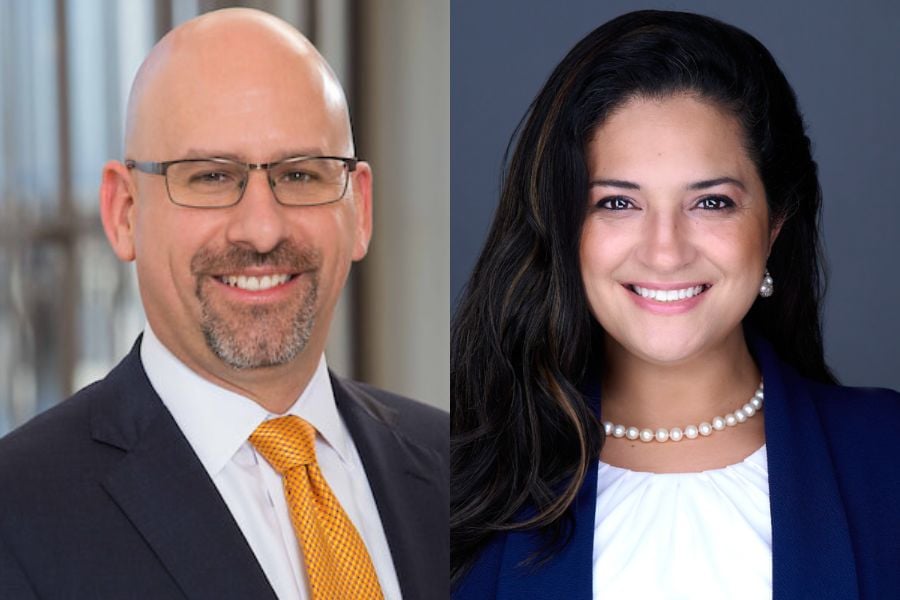

Getting clients to understand the wealth management industry in simple terms can be daunting and complicated.
While advisors may want to come across as a "know-it-all’ by using industry jargon, this is often a failing factor to keep clients, according to several advisors who spoke to InvestmentNews on the subject. So, how should advisors talk to clients so they fully understand their portfolio or financial plan?
Hank Fox, financial planner at Blue Bell Private Wealth Management believes there is a tendency among advisors to use confusing industry jargon or delve too deeply into specifics.
“I have seen clients become overwhelmed to the point where they stop listening and stop asking questions for fear of appearing uneducated, effectively ending the opportunity to engage in a true dialogue,” he said.
Since financial experience and literacy can vary between people, Fox will start the conversion by keeping the discussion high level and telling clients to ask questions or have him provide more explanation, as needed.
“I also will monitor the client’s attention and periodically ask them if they understood what I have said and if they have any questions. This allows the client to dictate the level of detail they desire or need rather than me making that determination for them.”
Meanwhile, several advisors like to use analogies and stories, breaking down terms and concepts. "[Like] an ETF, exchange traded fund; that doesn't make any sense to anyone. So I'll explain, 'Picture going into Costco with a shopping basket, that's the ETF wrapper. Then you throw in the meats and the produce, and those are the individual holdings within that," says Jon Moore, regional director at EP Wealth.
"No two ETFs are gonna look the same, that basket is going to vary. Part of it is mixing and matching so you get diversification around it. Just simple things like that that clients can get their head around."
Ed Snyder, co-founder of Oaktree Financial Advisors uses an all-star team approach to explain investment diversification. “You've got different players from different teams within one account. Their jobs are all a little bit different from one another and it's for the betterment of the team,” he said.
As a former professor at SMU and University of Dallas, Patrick Dougherty, founder of Dougherty Wealth Management, implored advisors to not use phrases like "standard deviation or coefficient of determination.” Advisors use these words to impress their clients but end up losing them.
“It causes the client to not want to meet with you and being made to feel ignorant. I use common words and break down the complicated conversation to a more casual speaking style,” he said in an email.
Using the right language really is the difference between being an "advisor" and a real advisor, says Marianela Collado, CEO and senior wealth advisor at Tobias Financial.
“Our role shouldn't be to make things so difficult that [clients] have no idea what you are saying,” she said. “My rule of thumb is, how would I explain this if I had to explain it to my mom and dad? Even my 6th grade son should understand what I'm explaining.
"I like to draw things and make things come to life with pictures and stories. That is key,” she added.

To help fund the proposal, the governor and Florida's finance chief are probing municipal finances on a "local government accountability tour" to uncover potential waste.

Edward Jones’ job cuts and overall realignment internally are contributing to higher costs for the company, it said in its recent quarterly report.

Meanwhile, Fifth Third's RIA arm adds a former billion-dollar BNY trio in Boulder, Colorado, while a hybrid RIA opens a new North Carolina location with a former Raymond James-affiliated team.

Analysis highlights swelling out-of-pocket costs and wasted time on paperwork, with an outsized toll on businesses and around crypto transactions.

The appointment to its investment management arm comes roughly a year after the firm first announced plans to launch its own exchange-traded fund platform.
Orion's Tom Wilson on delivering coordinated, high-touch service in a world where returns alone no longer set you apart.
Barely a decade old, registered index-linked annuities have quickly surged in popularity, thanks to their unique blend of protection and growth potential—an appealing option for investors looking to chart a steadier course through today's choppy market waters, says Myles Lambert, Brighthouse Financial.
